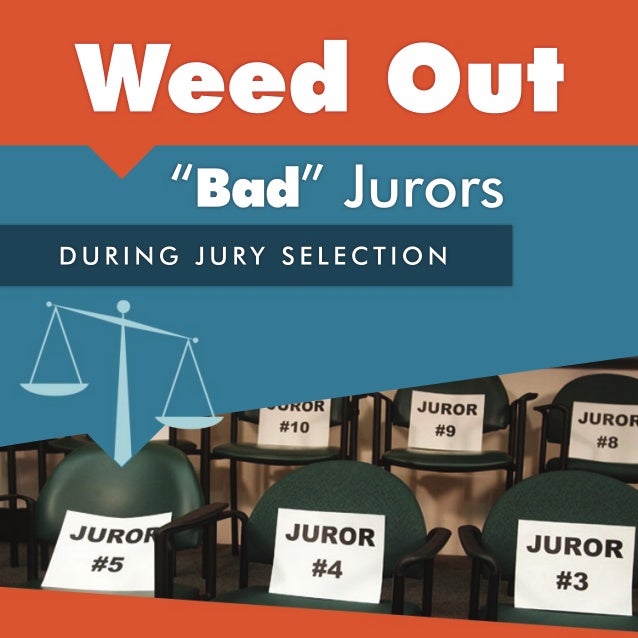
On June 10, three inmates in Skagit County jail filed a class action lawsuit against the cities of Mount Vernon and Burlington. Allegedly, the cities are systematically failing to provide assistance of counsel to low‐income persons who face criminal charges in municipal court. According to papers filed in Skagit County Superior Court, the plaintiffs are seeking an injunction that will stop the cities from violating the constitutional rights of low‐income individuals. They are not requesting monetary damages.
Documents obtained from the cities show that Mount Vernon and Burlington jointly contract with two attorneys to provide all of the public defense services in those jurisdictions. In 2010, these two attorneys were responsible for handling more than 2,100 public defense misdemeanor cases.
Under the Standards for Indigent Defense Services adopted by the Washington State Bar Association, a full‐time public defender should not have more than 400 such cases per year. The limit is even lower for attorneys working on a part-time basis.
According to the plaintiffs, the attorneys who contract with Mount Vernon and Burlington spend no more than a third of their time on public defense work, which allows for a maximum of 267 misdemeanor cases per year between the two of them. The plaintiffs allege that excessive caseloads and inadequate monitoring by the cities have resulted in a public defense system that deprives indigent persons of their constitutional rights.
Among other things, plaintiffs claim the attorneys do not investigate the charges filed against indigent persons, do not respond to communications from indigent persons, do not meet with indigent persons in advance of court, and do not stand with or represent indigent persons during court hearings.
The plaintiffs cite numerous complaints with the cities of Mount Vernon and Burlington. In December 2008, for example, the Skagit County Office of Assigned Counsel emailed city officials to inform them that indigent persons in Mount Vernon and Burlington will “go to court, come to our office, and [go] again to court with no attorney there to represent them even though counsel has been appointed.”
One low‐income person charged in Mount Vernon wrote: “I have not been fairly represented by either [attorney]. They have neglected to help my case at all. I would like a new public defender appointed to my cases please. Someone who will go over my case w/ me, discuss my options, meet w/ me before court, [etc.].”
City officials have even received emails from Mount Vernon police officers who complain about the “difficulty” they have “contacting Public Defenders,” adding “we are not getting the service that is their obligation to perform.” Despite these complaints, Mount Vernon and Burlington recently agreed to extend their contract with the attorneys for an additional two years. Records obtained from Mount Vernon show the city council voted unanimously in favor of this extension.
Toby Marshall, one of the lead attorneys for the plaintiffs, says: “When you are arrested and charged with a crime, the right to counsel is the most fundamental and important right that you have. This is true regardless of your economic status.” The plaintiffs claim that in Mount Vernon and Burlington, low income individuals who are charged with a crime are being appointed counsel in name only. Matt Zuchetto, another lead attorney in the case, says: “We intend to present extensive evidence that will show the public defense system in Mount Vernon and Burlington is broken. At the end of the day, our clients are simply asking for one thing: to fix the system.”
My opinion? I’ve got to agree with attorneys Marshall and Zuchetto. The right to counsel is a civil right that is guaranteed by the constitutions of the United States and Washington. This is especially true for low income defendants, who tend to face more criminal charges anyway.
Please contact my office if you, a friend or family member are charged with a crime. Hiring an effective and competent defense attorney is the first and best step toward justice.















